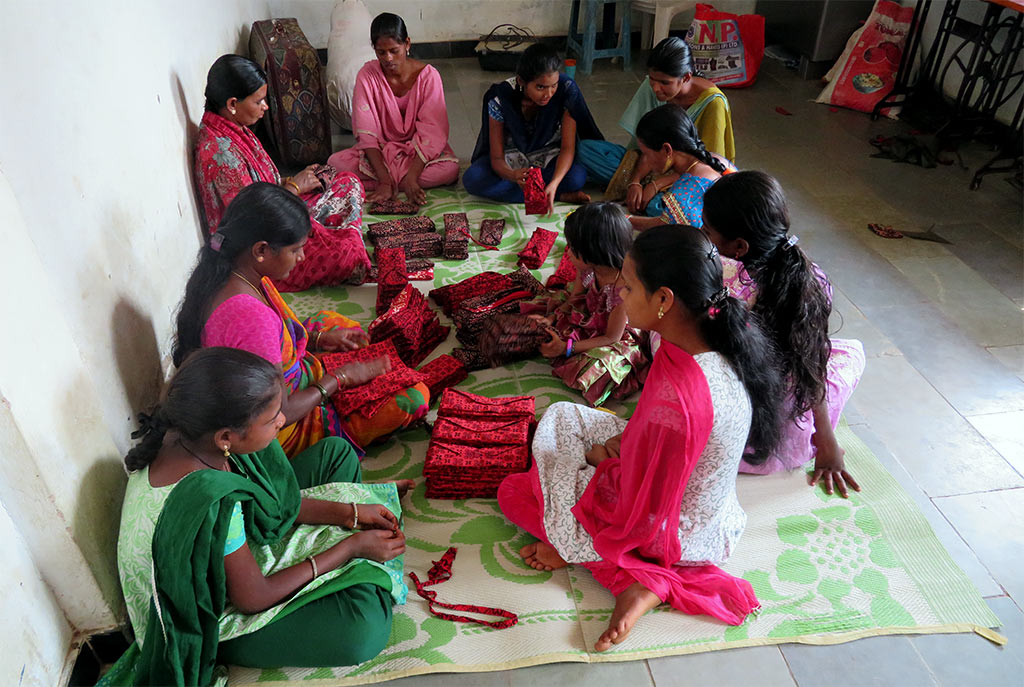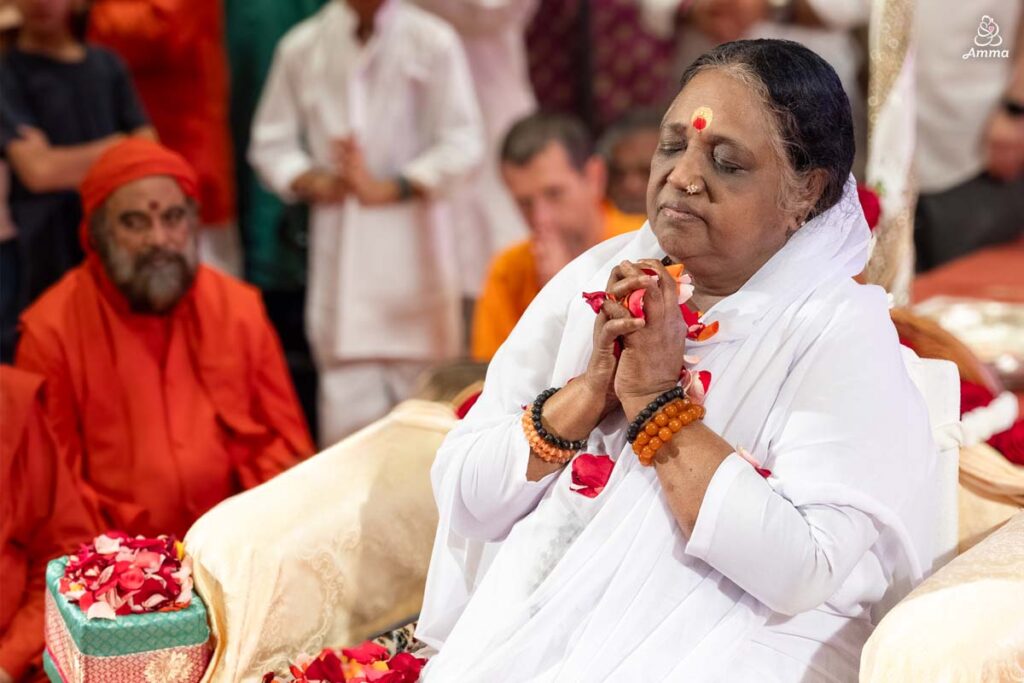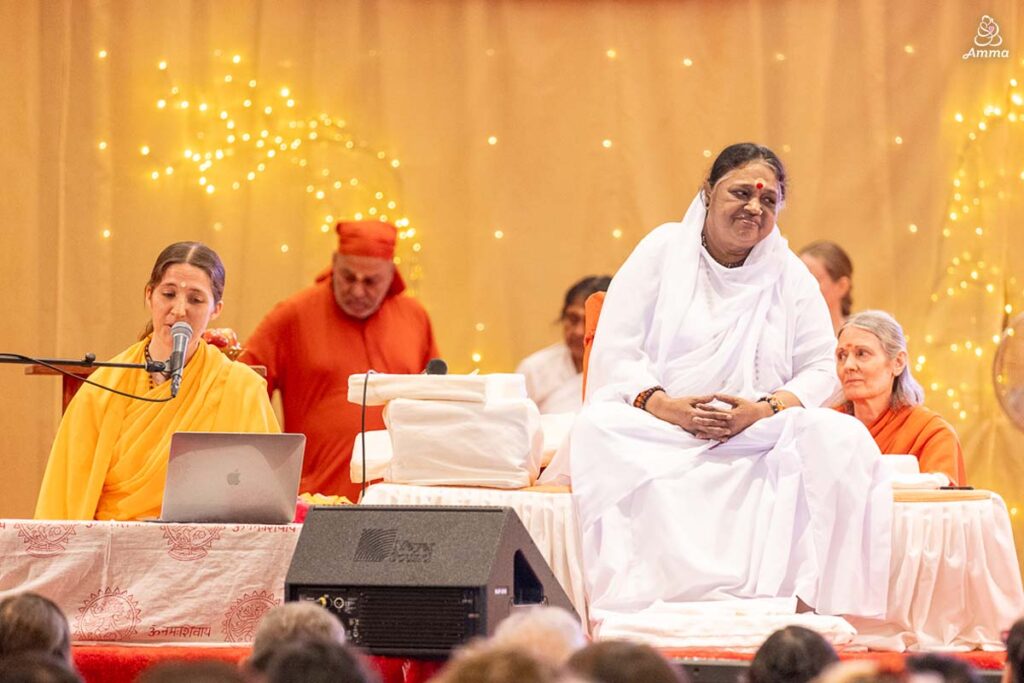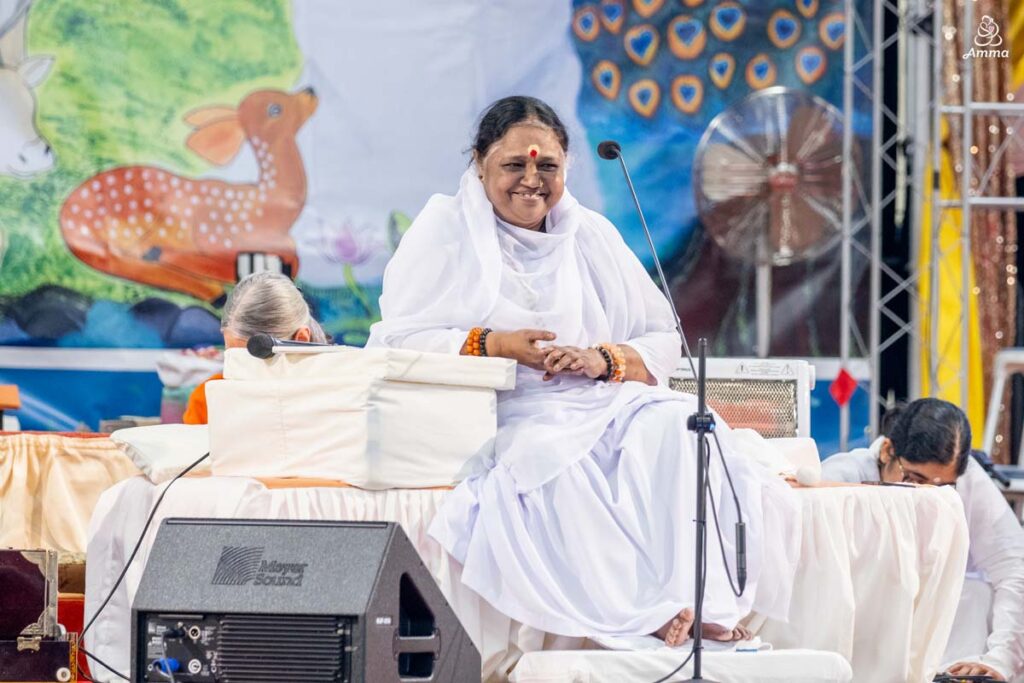Of the 1.3 billion Indians, 660 million are women. Among those 660 million, an average of 355 million are of a menstrual age. Which means every man knows at least one woman who menstruates. Large numbers? What is larger is the lack of access and awareness about menstrual products.
On the occasion of World Environment Day, meet Anju ‘Pad Woman’ Bist, who is promoting sustainable menstruation through cloth pads.
Anju Bist is co-director of Amrita SeRVe, and has been a key actor in the organization training women to make reusable menstrual pads from banana fiber. Bist herself has been using cloth pads for more than 20 years, “I was looking for ways to cut down waste that I produced personally,” says Bist. She goes on to explain how each woman throws away nearly 10,000 pads in her menstrual lifetime.
Fluff pulp, the ultra absorbant material present in disposable pads, is made by cutting down trees. Disposable sanitary napkins contain dioxines, listed as one of the “dirty dozen” by The World Health Organization. Hexachlorodibenzofuran (HxCDF) and octa-chlorodibenzofuran (OCDF) are two other toxic substances also found in disposable sanitary napkins.
It is to deal with this problem that Mata Amritanandamayi Math has brought out cloth pads called Saukhyam, under their Amrita SeRVe (Self Reliant Village) Programme. Unlike disposable sanitary napkins, these pads are reusable and therefore sustainable. “India doesn’t have to make the same mistakes the West did. It doesn’t have to go down that same development path. If cloth pads are so popular in the West, why shouldn’t we make an effort to make it popular in India also? It’s fine if we have to work on the pricing, production and availability. Just make the effort to bypass the problem and not go down that same path to realise the harms of disposable sanitary pads a little too late,” says Anju Bist, co-director of Amrita SeRVe.
Going back to using cloth as a menstrual product might seem regressive to some, however Bist argues the opposite. “The convenience of these pads is much greater than using just cloth. They have a leakproof layer, wings that go underneath the panty. They are as convenient as disposable pads but it’s made from the same materials that we were using earlier,” says Bist.
The Saukyam pads are made in rural areas, giving job oportunities to women. They are made using banana fibre, which is one of the most absorbent materials found in Nature, and are sold at a minimal cost. They seek to reduce the cost even further through the help of volunteers who sort the banana fibres.
The non-profit works to dismantle the taboos related to menstruation in rural India with the help of health workers. “In our villages (those fostered by the Math), we have the help of trained health workers. Usually, these are women who provide us a foot in the door with their communities. When they say something, it’s heard and implemented,” says Bist. Most of the women who work in the pad-making units use the cloth pads themselves. Bist also speaks to girls in schools and colleges, “Girls end up giggling when we talk to them. But they do know about pads,” she adds. One of the taboos the non-profit works around is the drying of the pads in the open. The women are being taught that drying the pads requires a certain amount of sunlight, for reasons of hygiene.
Bist, the ‘Pad Woman’ of India, laughs when asked whether she watched the film Pad Man, “That’s the only movie I’ve watched in the theatre in 15 years and I thoroughly enjoyed it.”
For more info and buying online visit https://www.saukhyampads.org





